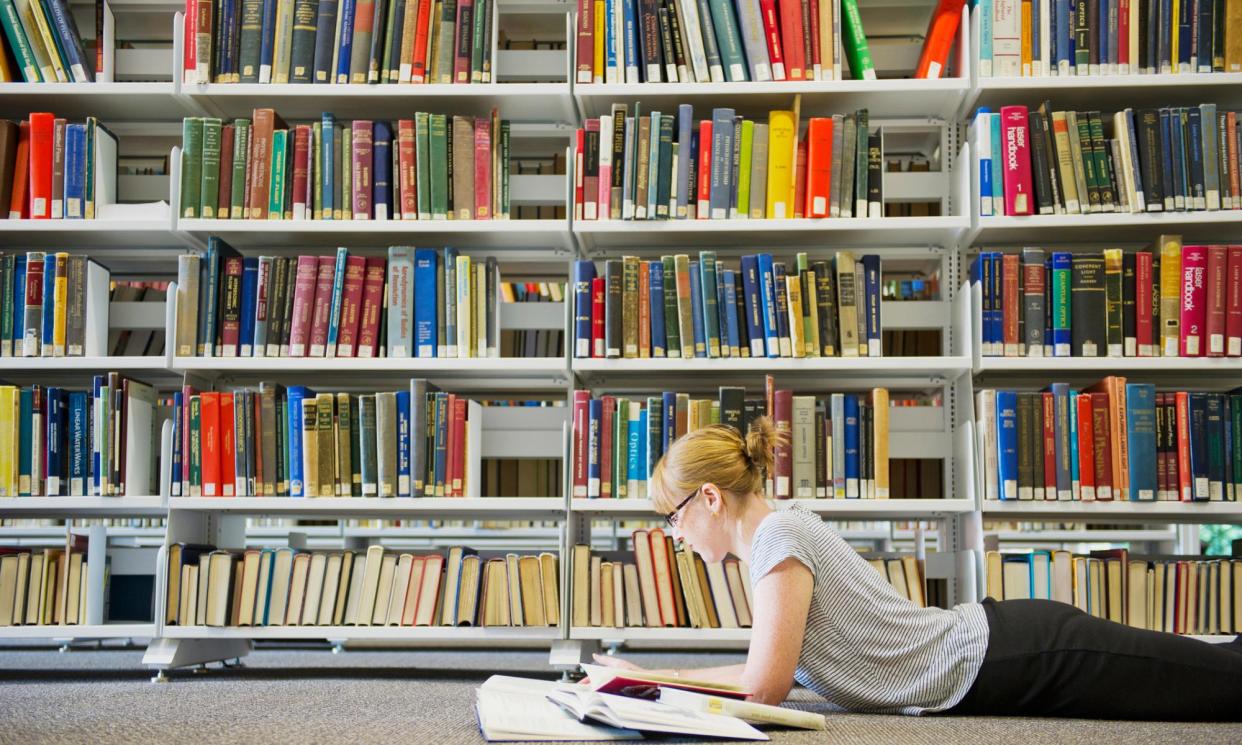New record set for number of international students in Australia

The number of international students in Australia has topped 700,000 for the first time, helping to drive the number of temporary entrants to 2.8 million, another new record.
There were 713,144 international students in Australia on 29 February, according to the home affairs department data published by data.gov.au on Monday.
Abul Rizvi, the former deputy secretary of the immigration department, said the result was an “all time record”, up from 664,178 in September 2023.
Rizvi said although the figure reflected numbers before new measures taken by the Albanese government, it showed “they’re going to have to do a lot more”.
“The government’s policy is to pursue permanent rather than temporary migration – and yet they’re sitting on the biggest temporary migration number in history,” he said. “We’re probably past the peak of net migration, of 550,000, but it’s coming down very, very slowly.
“They’re not going to hit the forecast of 375,00 of this year, and there is no chance of 235,000 – their long term target [in the intergenerational report’].”
Earlier on Tuesday, the prime minister, Anthony Albanese, said that “population is lower than it was anticipated to be prior to the pandemic and the figures have shown that that’s the case”.
“Because all the borders were shut for the period of time, there has been a higher than normal influx of students, in particular, temporary migration,” he told ABC Brisbane.
“We are putting in place through a migration strategy, a plan to lower the numbers, because we recognise that that is needed as well.”
Rizvi agreed with Albanese, noting the September 2023 total population figure was 26.821 million, just short of the 26.981 projected in the Coalition’s 2019 budget, but said by the end of 2024 the claim would “no longer be right”.
In March the Albanese government begun to implement several key recommendations of the migration review, released in December.
These include: lifting English language requirements for student visas; new powers to suspend high risk education providers from recruiting international students; a new genuine student test will be introduced to further crack down on international students looking to come to Australia primarily to work rather than study.
The test will ask students to answer questions about their study intentions and their economic circumstances, with a declaration to be made that they understand what it means to be a genuine student.
The government also announced that to avoid visitor visas being used as a way to subvert offshore student visa integrity checks, the government will increase the imposition of “no further stay” conditions on visitor visas.
Related: David Shoebridge on Labor’s ‘Trump like’ immigration proposals – podcast
The government forecasts that net overseas migration will drop in half by next year, representing the largest decline in migration in Australia’s history, outside pandemic and world wars.
A spokesperson for the home affairs minister, Clare O’Neil, said “the changes we have brought in starting in December last year have had a significant impact on [the] international education sector”, with visa grants down 35% in February on the previous year.
“We are continuing to bring forward measures to bring migration back to a sustainable level and improve integrity in this vital part of the economy.”
Rizvi said he feared the government would “panic rather than do something sensible” to drive down migration.
In February the Grattan Institute proposed increasing international student visa application fees to $2,500 to pay for an increase in commonwealth rent assistance.
Rizvi said this would be “poor long-term policy” that would discourage high quality students with options of which country to study in.


